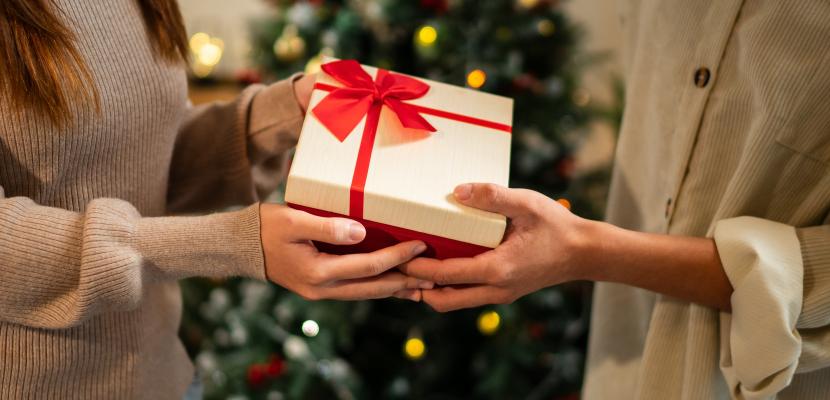
by Dr Belinda Barton
Good news for multi-millionaires and even those with a bit of extra cash: money can buy happiness – if you spend it the right way.
As we move out of Black Friday and Cyber Monday and head into Christmas and the Boxing Day sales, many of us are focused on spending – on ourselves and others.
While the pitfalls of overspending are well understood, my research set out to unearth and understand any possible benefits.
The results suggest that splurging on experiences rather than material goods can give us a boost, as can spending on other people.
And you’ll get the biggest happiness bang for your buck if you indulge in small treats rather than a few big splurges.
We found spending our money on “doing things” versus “having things” makes us happier.
This is because experiences help build our identity.
We are, quite literally, the sum of our experiences.
Experiences or experiential gifts also have greater talking value than goods.
We are more likely to enjoy hearing about things other people have “done” rather than the latest gadget they have bought or received.
Experiences are less likely to trigger social comparison (mine is better than yours) because they are more unique relative to our gadgets and goods.
Experiences are also more likely to be shared, and this sharing fosters social connection which is another factor that goes towards making us feel good.
Despite all this, gift-givers are more likely to think giving tangible goods is a better use of money than gifting an experience, especially when we consider the recipient is more socially distant, such as a work colleague or schoolteacher.
However, experiential gifts are always a good choice because experiences can evoke emotion and forge emotional connection, which help us foster stronger social relationships.
That’s irrespective of whether we share in the experience with the receiver, or they enjoy the experience with someone else.
Another reason to seize the experiential advantage is because happiness from experiences is also linked to different types of regret.
We are more likely to regret NOT doing something rather than regretting actually doing it, compared with regretting buying a good that turns out to be lacklustre.
But, if you’re the type of person who likes to give something tangible for someone to unwrap, a good idea is to focus on “experiential products”.
Think board games, soccer balls, musical instruments or even a video game.
These are goods that enable experiences and blur the boundary between what is an experience and what is a good.
In other words, we must “do things” with experiential products compared with “pure” experiences like seeing a film or going to a rugby match.
So, which experiential gifts should we buy?
Research suggests younger people value more extraordinary experiences that are unusual and go outside the realm of everyday life, such as travel and unique “once-in-a-lifetimes”.
Why not gift bacon-flavoured ice cream tasting? I mean, who doesn’t like bacon and/or ice cream?
Younger people also value the chance to expand their experiential CV by doing a wide range of things, for instance hot-air ballooning and jet ski tours.
Older people get more value from more ordinary experiences within the realms of everyday life, such as indulging in treats, a lunch, relaxation and hobbies.
As the level of importance on this gift decision-making increases, consumers move from decisions that are trivial and casual to more deliberative choice processes where information is scrutinised and elaborated upon.
Our purchases may make us happier when they’re motivated by goals we care about.
In other words, the greatest wellbeing occurred when people spent money on something that was personally important to them.
And in the end, isn’t that what really matters?
- Dr Belinda Barton is an Assistant Professor in the Centre for Data Analytics at Bond University’s Business School. She researches the behaviour of consumers and their overall happiness and wellbeing.

